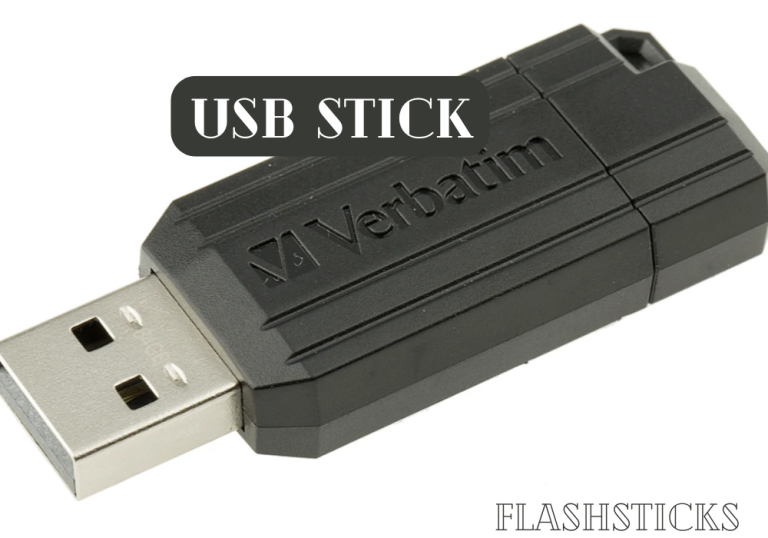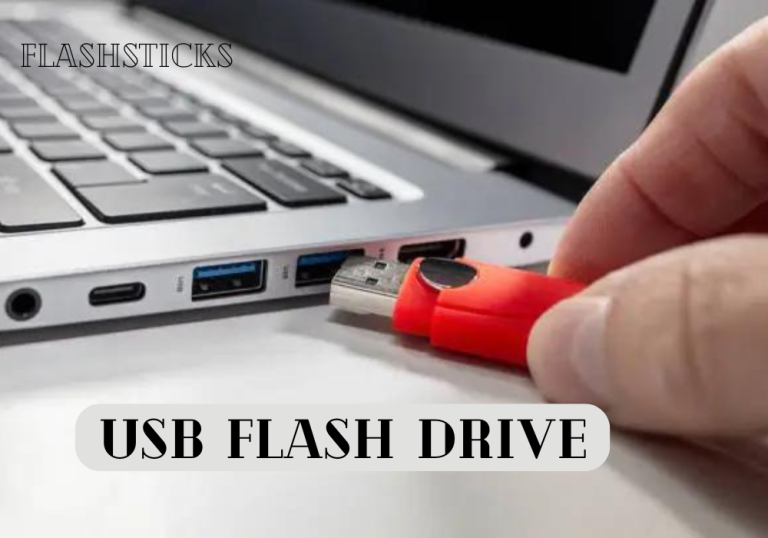Flash Drive 101 What It Does and Why You Need One
“`The digital age has brought about a variety of data storage solutions, and among them, flash drives have stood out due to their convenience, portability, and versatility. In this comprehensive guide, we’ll explore what flash drives are, how they work, and why you need one in your arsenal of tech tools.
What is a Flash Drive?
A flash drive, also known as a USB drive or thumb drive, is a small, portable device used to store and transfer data. It connects to a computer’s USB port and leverages flash memory technology to offer a reliable storage medium. Flash drives come in various storage capacities, typically ranging from a few gigabytes to several terabytes.
Common Uses of a Flash Drive
Flash drives are incredibly versatile and can be used in numerous ways:
- Data Storage: Store and back up important files such as documents, photos, and videos.
- Data Transfer: Easily transfer data between computers or devices without the need for an internet connection.
- Bootable Drives: Create bootable USB drives to install operating systems or run system recovery tools.
- Portable Applications: Carry portable software applications that can run directly from the flash drive.
- Secure Storage: Some flash drives offer encryption features for secure data storage.
Why You Need a Flash Drive
There are several compelling reasons to include a flash drive in your tech toolkit:
1. Portability
Flash drives are lightweight and compact, making them easy to carry in your pocket, bag, or even on a keychain. This portability ensures that you always have access to your important files, no matter where you are.
2. Versatility
From students to professionals, flash drives can cater to a broad audience. Whether you’re sharing project files, transferring media between devices or setting up a new system, a flash drive is a reliable tool.
3. Convenience
Flash drives require no external power source, and their plug-and-play nature ensures that they work instantly upon connection to a USB port. This convenience saves time and effort compared to other data transfer methods.
4. Durability
Flash drives are designed to withstand physical wear and tear. Unlike traditional hard drives, they have no moving parts, making them more resistant to drops and shocks.
Choosing the Right Flash Drive
Selecting the right flash drive depends on your specific needs. Here’s a breakdown of features to consider:
| Feature | Description | Recommendation |
|---|---|---|
| Storage Capacity | Amount of data the drive can hold. | Choose based on your requirements; 32GB or 64GB for general use, 128GB+ for larger files. |
| Data Transfer Speed | Speed at which data is read from and written to the drive. | USB 3.0 offers faster speeds compared to USB 2.0. |
| Security Features | Encryption and password protection options. | Opt for a drive with built-in security features for sensitive data. |
| Physical Durability | Build quality and resistance to physical damage. | Look for rugged or waterproof designs if you need extra durability. |
Practical Tips for Using Flash Drives
Maximize the lifespan and usability of your flash drive with these practical tips:
- Safely Eject: Always safely eject your flash drive before removing it from the USB port to prevent data corruption.
- Regular Backups: Regularly back up the data on your flash drive to another storage medium to prevent data loss.
- Secure Storage: Store your flash drive in a safe place when not in use to protect it from physical damage or loss.
- Scan for Malware: Run a malware scan on your flash drive periodically, especially if you’ve used it on multiple devices.
Conclusion
a flash drive is an essential tool in the modern digital landscape. Its compact size, ease of use, and versatility make it an invaluable asset for storing, transferring, and securing your data.
Whether you’re a student, a professional, or just someone who values their digital privacy and convenience, investing in a good quality flash drive can simplify your digital activities and provide peace of mind. So, don’t wait—grab a flash drive today and streamline your data management tasks.
“`







